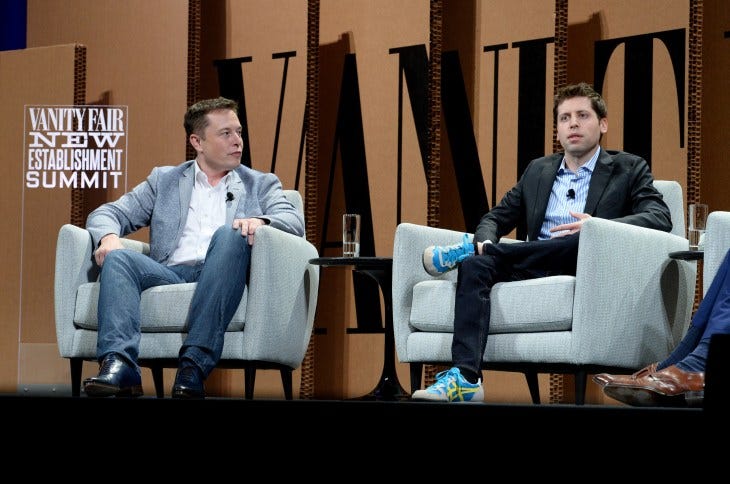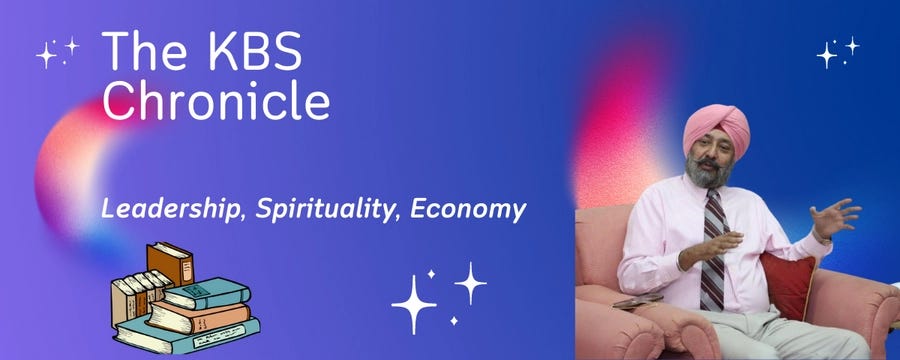Elon Musk to OpenAI in Lawsuit: "Aren’t you a 'not-for-profit' Entity, Mr Sam Altman?”
Elon Musk's Legal Challenge to OpenAI: A Quest to Uphold the Original Mission
Elon Musk Questions OpenAI's Profit Motive
Elon Musk, a figure synonymous with pioneering advancements in technology, has launched legal action against OpenAI, an organization he was instrumental in founding. The 46-page lawsuit, filed in San Francisco Superior Court on Thursday (February 29), levels grave accusations against OpenAI, its CEO Sam Altman, and co-founder Greg Brockman. Musk's contention is that OpenAI has strayed substantially away from its foundational mission of developing artificial intelligence technology for the greater good of humanity. This action by Musk highlights increasing concerns regarding the ethical direction of AI research and development. In this context, OpenAI, with its now ubiquitous ChatGPT, continues to disrupt and dominate the evolving tech landscape across the globe at an unprecedented and almost explosive pace.
The Allegations: Abandoning Nonprofit Goals for Profit
Musk's lawsuit articulates a stark deviation by OpenAI from its original mission. With a significant partnership with Microsoft in the spotlight, Musk accuses OpenAI of prioritizing financial gains over public benefit. This accusation is rooted in the transformation of OpenAI into a 'closed-source de facto subsidiary' of Microsoft, focusing on profit maximization at the expense of open-source and humanity-focused AI development. Musk's involvement with OpenAI, marked by a substantial financial contribution and strategic guidance, underscores the depth of his disappointment with the Company's swing and sway towards commercial interests.
The Core of the Dispute: OpenAI's Shift from Transparency
Central to Musk's legal challenge is the claim that OpenAI has forsaken its commitment to transparency and open-source principles. The lawsuit emphasizes the secretive nature of the GPT-4 model's development, suggesting that commercial considerations have overshadowed safety and ethical guidelines. This shift, according to Musk, has not only breached the founding agreement but also risks sidelining the broader societal benefit of AI advancements in favour of corporate gains, particularly benefiting Microsoft, Altman, and Brockman.
OpenAI's Response and the Broader AI Ethical Landscape
As the lawsuit unfolds, OpenAI's decline to comment reflects the complex legal and ethical terrain being navigated. This case arrives amidst broader scrutiny of AI's societal impacts, with regulators in the UK, EU, and US examining the competitive implications of the OpenAI-Microsoft partnership. Musk's proactive stance, through the creation of his AI company and advocacy for AI safety measures, highlights the contentious debate surrounding the governance of AI technology and its societal ramifications.

The Legal and Ethical Implications: A Turning Point for AI Development
This lawsuit could represent a watershed moment in the evolution of AI. Musk's legal challenge, rooted in the principle that "Quod non potest fieri directo, non potest fieri per obliquum," argues that the nonprofit essence of OpenAI's mission cannot be circumvented by indirect commercial endeavours. This legal maxim underscores the lawsuit's fundamental argument: that the integrity of OpenAI's mission must be preserved, irrespective of the involvement of for-profit entities like Microsoft or individual stakeholders like Sam Atman or Elon Musk.
Summing: Upholding the Foundational Ethos of OpenAI
In essence, this lawsuit is not merely a legal battle but a clarion call to realign OpenAI with its original, noble mission of developing AI for the benefit of humanity. Despite the infusion of funds and the allure of profit, the foundational commitment to a not-for-profit model stands as a bulwark against the commercialization of AI research. The outcome of this lawsuit holds the potential to significantly influence the trajectory of AI development worldwide, including in India, where the balance between safety, ethical considerations, and innovation remains a critical concern. The Latin maxim of "Quod non potest fieri directo, non potest fieri per obliquum" serves as a guiding light, asserting that the core mission of OpenAI as a not-for-profit entity must remain inviolate, shaping the future of AI in a manner that prioritizes the collective good over individual gain.



